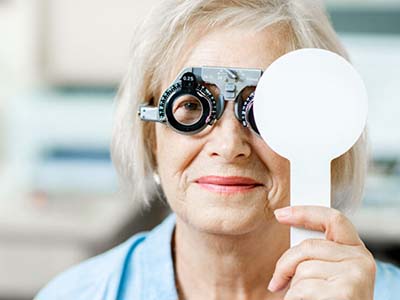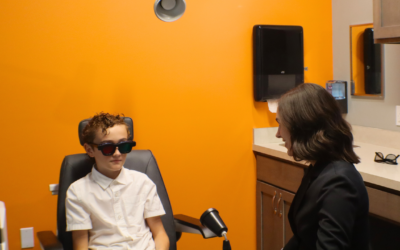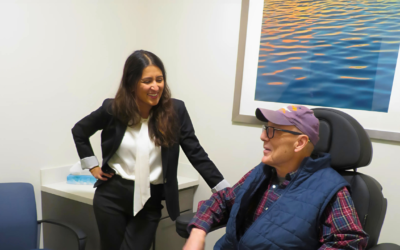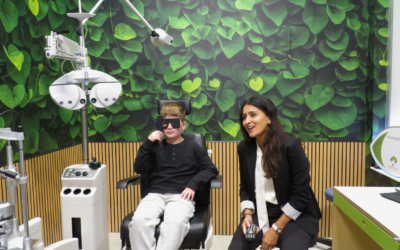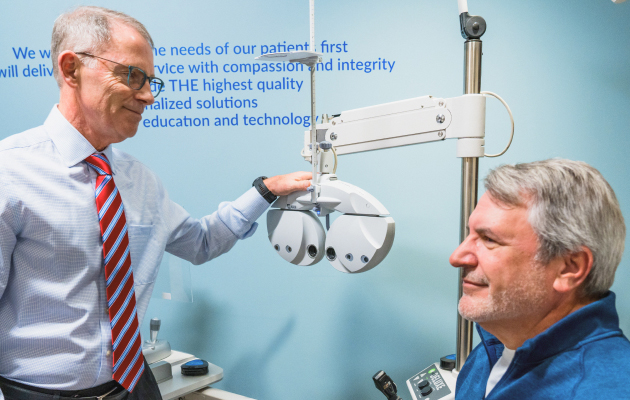
Eye Exams
At VisionQuest Eyecare in McCordsville, Indiana, we prioritize your vision health by providing thorough and comprehensive eye exams. Our experienced team of optometrists uses the latest technology and techniques to ensure you receive the best eye care possible. Whether you’re experiencing vision changes, need an updated prescription, or simply want to maintain optimal eye health, VisionQuest Eyecare is your trusted partner for eye exams in McCordsville, Indiana.
The Eye Exam Process
Step 1: Medical and Vision History Review
Your eye exam at VisionQuest Eyecare in McCordsville begins with a thorough review of your medical and vision history. Our optometrists will gather information about any pre-existing conditions, medications, or vision concerns that could impact your eye health. We encourage you to share any symptoms or issues you’ve been experiencing, as this information is vital for an accurate diagnosis.
Step 2: Visual Acuity Test
Next, we perform a visual acuity test to measure the sharpness of your vision. This test typically involves reading letters on a chart at various distances, helping us determine if you need corrective lenses and the precise prescription strength required for optimal vision.
Step 3: Refraction Assessment
During the refraction assessment, our optometrists use a phoropter to measure how light bends as it passes through your eye. This test helps identify the exact prescription for your glasses or contact lenses, ensuring you achieve the clearest vision possible.
Step 4: Eye Health Evaluation
We conduct a series of tests to evaluate the overall health of your eyes. These tests may include:
- Slit-Lamp Examination: A close-up inspection of the front structures of your eye, such as the cornea, iris, and lens.
- Retinal Examination: Using advanced imaging technology, we examine the back of your eye, including the retina and optic nerve, to check for signs of eye diseases.
- Intraocular Pressure Measurement: This test helps detect glaucoma by measuring the pressure inside your eyes.
Step 5: Additional Tests (If Needed)
Depending on your specific needs, we may perform additional tests to assess conditions like color blindness, depth perception, peripheral vision, and more. Our goal is to provide a comprehensive evaluation to address all aspects of your eye health.
At VisionQuest Eyecare in McCordsville, Indiana, we are committed to offering personalized and thorough eye care services to ensure your vision and eye health are in top condition.
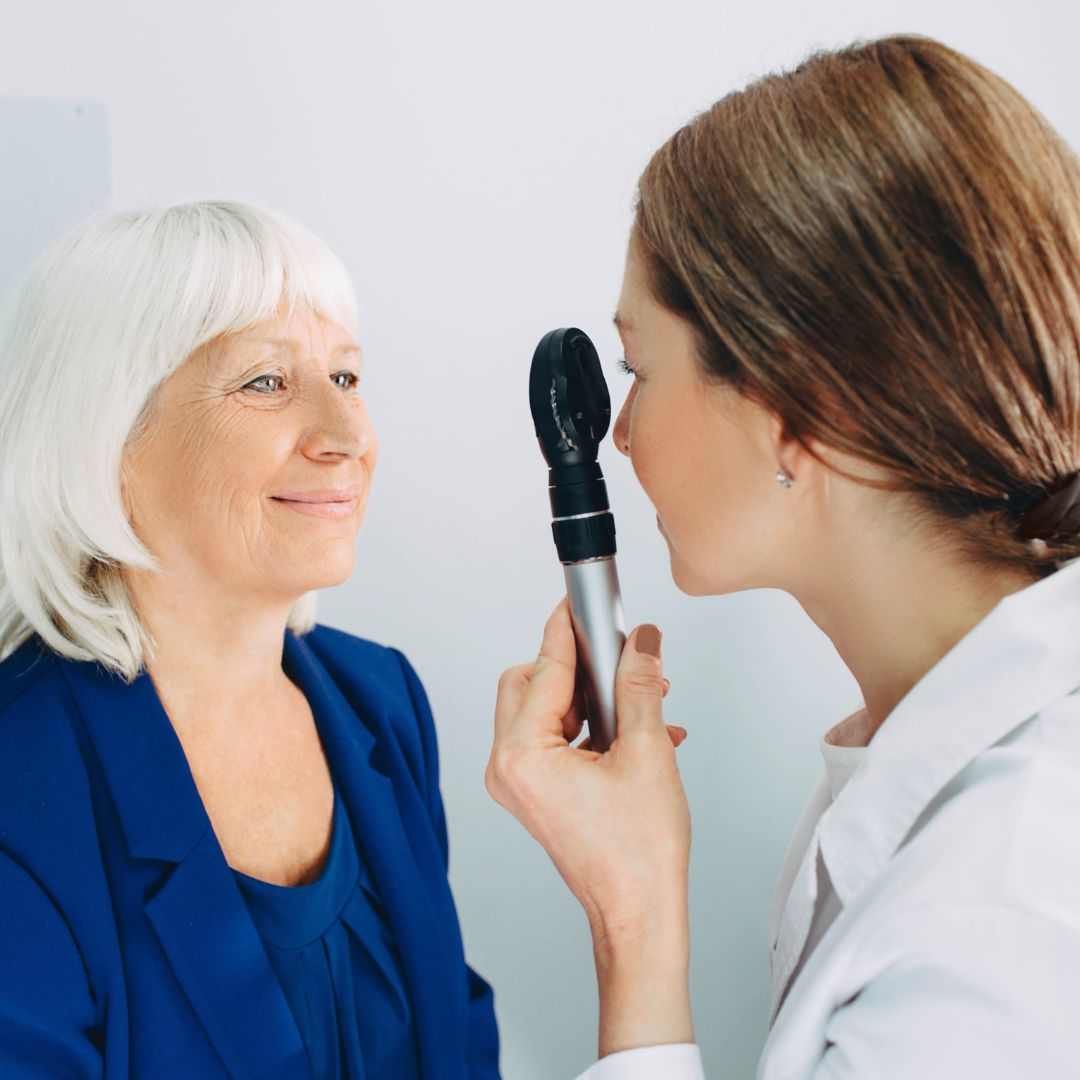
Benefits of Regular Eye Exams
Regular eye exams are essential for maintaining optimal eye health and overall well-being. Here are some key benefits:
Early Detection of Eye Diseases
Many eye diseases, such as glaucoma, macular degeneration, and diabetic retinopathy, develop gradually without noticeable symptoms. Regular eye exams allow for early detection and timely intervention, which can prevent or slow down the progression of these conditions.
Accurate Vision Correction
Whether you need glasses or contact lenses, regular eye exams ensure your prescription is up-to-date. Accurate vision correction improves your quality of life, enabling you to perform daily activities with ease and comfort.
Monitoring Overall Health
Your eyes can reveal a lot about your overall health. During an eye exam, our optometrists can detect signs of systemic conditions like diabetes, hypertension, and high cholesterol. Early detection of these issues can lead to prompt treatment and better health outcomes.
Specialty Eye Exams
Pediatric
Contact Lens
Diabetic
Why Choose Us?
At VisionQuest Eyecare, we’ve been dedicated to nurturing the vision of patients in our community for over 25 years. We have the experienced team you and your family need to manage your eye health and keep you seeing clearly for years to come!
Recent News
Can Screen Time Make My Child’s Myopia Worse?
As technology continues to become an integral part of daily life, children are spending more time on screens than ever before. Whether it’s for online learning, gaming, or entertainment, prolonged screen use has raised concerns about its impact on children’s eye...
Can Cold Weather Affect Your Vision?
As temperatures drop and winter approaches, it's common to bundle up to protect your body from the cold. However, many people overlook the fact that cold weather can also affect their eyes and vision. At VisionQuest Eyecare, we’re committed to ensuring you have the...
Protecting Your Child’s Vision: Eye Safety Tips for Choosing Toys This Holiday Season
The holiday season is a time of joy, laughter, and gift-giving, but it’s also an important opportunity to consider the safety of the toys you give to children. While colorful and exciting toys can light up a child’s face, some may pose a risk to their vision if not...



